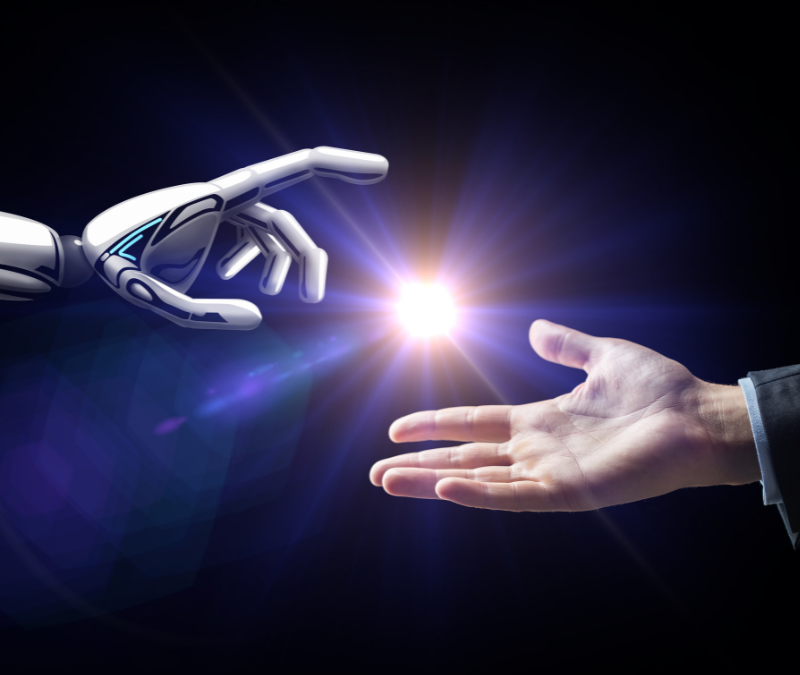AI’s Increasing Effect on Marketing

As we step into 2024, the marketing landscape is undergoing a remarkable transformation, driven by rapid advancements in technology and changing consumer expectations. This evolution is highlighted by significant shifts in marketing strategies and the integration of cutting-edge technologies. Central to this change is the growing prominence of artificial intelligence (AI), which is reshaping the way businesses engage with customers and devise their marketing campaigns.
AI’s influence in marketing is multifaceted, extending far beyond basic automation. It is now at the forefront of creating personalized experiences, predictive analytics, and delivering insights that were once beyond human reach. This evolution reflects a deeper understanding of customer behaviors and preferences, enabling marketers to craft campaigns that are not just about reaching audiences—but engaging them in meaningful, personalized ways.
The significance of AI in marketing has been escalating, with 64% of marketers considering AI as very or critically important to their success in the next 12 months, marking a significant 13-point jump from 2022, according to the 2023 State of Marketing AI Report from the Marketing AI Institute and Drift. AI technologies are becoming integral to understanding consumer behaviors, automating repetitive tasks, and optimizing marketing campaigns.
According to OpenAI, ChatGPT acquired 1 million users just five days after launching in November 2022. By comparison, it took Instagram approximately 2.5 months to reach 1 million downloads. Whereas Netflix had to wait around 3.5 years to reach 1 million users.
AI’s ability to identify bugs and errors in the code at a faster and more accurate rate than humans means more reliable and error-free software. This opens a unique window of opportunity for software companies to re-position, re-target, re-price, and re-imagine their entire product suite. What does that mean for the end-user? New market entries, new pricing models, new perspectives—and a whole new MarTech (Marketing Technology) stack.
AI-powered MarTech solutions help shift marketing’s focus from short-term fixes to long-term objectives by streamlining marketing tasks, optimizing performance, and increasing revenue. This includes personalization, predictive analysis, comprehensive data analysis, automation, and high-speed performance at scale, all of which contribute to faster outcomes—and better real-time decision-making.
As consumer expectations for cohesive brand experiences increase, understanding who you help, how you help, and why it matters becomes crucial for businesses to connect and engage with their customers. Using machine-learning algorithms to predict and analyze behavioral cues unique to each person’s experience, AI helps marketers create buyer personas with real-time data, focus resources with pinpoint accuracy, and decrease customer acquisition costs—for more qualified leads. These personas are then used to create relevant, personalized campaigns and touchpoints across myriad channels—such as social media, email marketing, direct mail, mobile apps, text/SMS, and website content—for holistic and seamless experiences throughout the prospect-to-customer buyer journey.
For companies, these trends mean adapting to a more data-driven, customer-centric approach, leveraging AI for enhanced personalization, and integrating various channels for a unified marketing strategy. For customers, this promises more personalized, relevant, and seamless experiences across different touchpoints, and more memorable brand experiences.
Read in full: The Rise of AI in Marketing – written exclusively for WhatTheyThink*
*Requires membership



